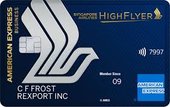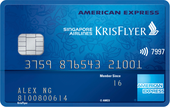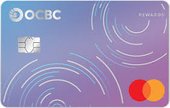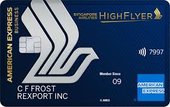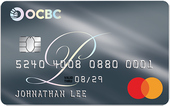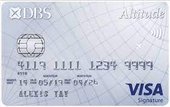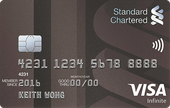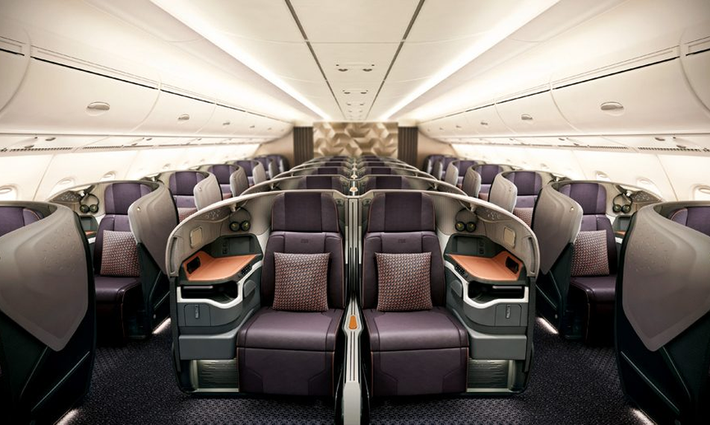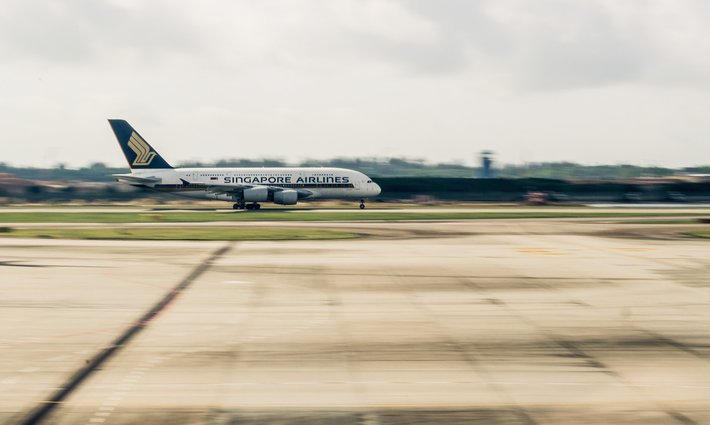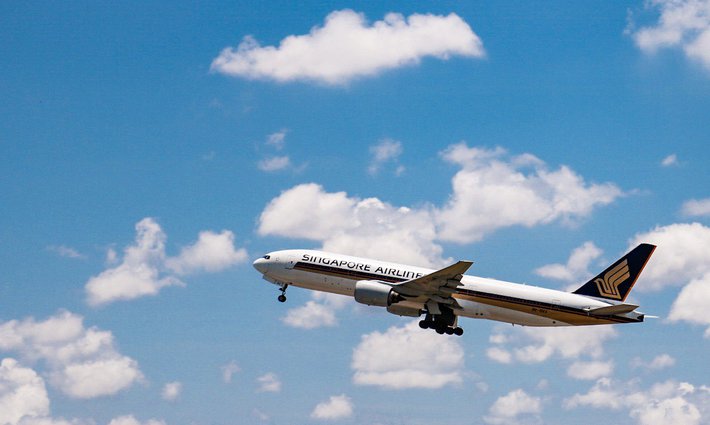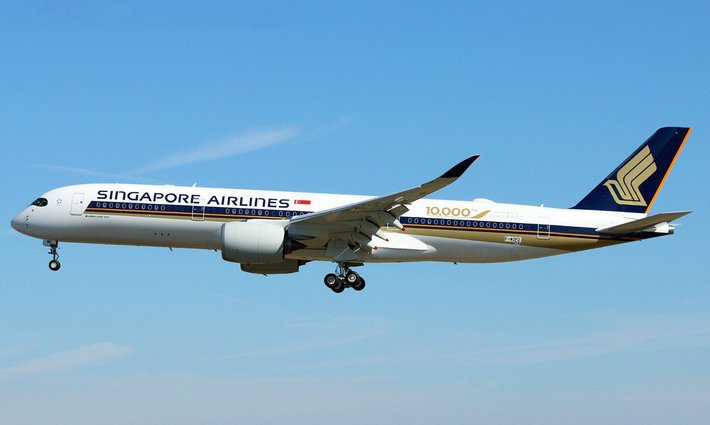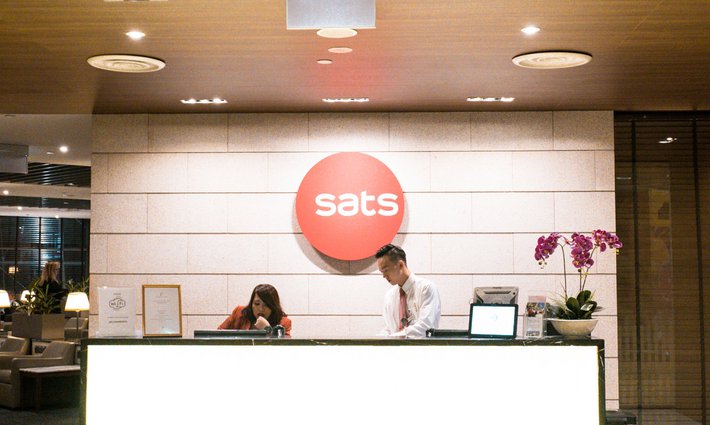Air miles credit cards in Singapore are linked to airline frequent flyer programs. The most popular type are credit cards that earn KrisFlyer Miles.
Who are air miles credit cards suitable for?
- Regular travellers. Frequent flyers who wish to leverage their credit card purchases to accumulate air miles on the ground.
- Brand loyalists. If you have a particular airline — like Singapore Airlines — and want to accumulate as many points as possible.
- Big spenders. If you make or plan to make high-value purchases, you can quickly boost your points balance. People who spend a lot on eating out, entertainment, and shopping online can also use an air miles card to earn points quickly.
- People in good financial condition. Carrying a balance will quickly negate the value of your points.
How air miles credit cards work
Members of airline frequent flyer programs can earn air miles when they purchase flights, redeeming the accumulated miles for future flights or seat upgrades. But it is also possible to earn lots of additional air miles for all your spending with an air miles card.
Some cards which appear to be air miles cards are actually rewards credit cards that earn points in a bank's rewards program (e.g. Citi Miles or DBS Points) rather than directly with an airline (e.g. KrisFlyer Miles).
The bank's rewards points then need to be converted to air miles – to, for example, KrisFlyer Miles, Cathay Miles, Enrich, Royal Orchid Plus, Garuda Frequent Flyer, and more. This could take time and involve paying a fee before they can be redeemed for flights.
Only eligible purchases earn air miles
Every eligible purchase that you make with your card, no matter what you are buying, will earn either direct air miles with a specific airline, or rewards points which can be converted to air miles with a number of airlines, depending on which card you choose.
Although it varies between banks, transactions such as topping up GrabPay, cash advances, balance transfers, funding an overseas money transfer, and other cash equivalent payments will not be eligible.
What to compare for the best miles credit cards
The best credit card will come with other benefits attached. The higher the miles earning rate and the more extensive the benefits, the higher the annual fee will be, in most cases. It is possible, however, to have an air miles card with no annual fee, or an annual fee waived in the first year only, or in every year when a target spending level is reached.
You can expect your air miles card to come with at least some of the following benefits.
- Welcome bonus miles. Now typically given after hitting a spending target within a certain period of time, or upon card renewal. A way to boost your rewards points balance substantially and relatively quickly.
- Spending category earn rates. Higher miles earning rate for a particular area of spending, such as dining, entertainment, or overseas spend. A bonus rate may apply for a limited period of time.
- Annual fees. Typically higher on cards that earn air miles, but may be waived after reaching a target spending amount.
- Discounts on petrol purchases. May be linked to a specific brand such as Caltex, Esso, Shell, or Sinopec.
- Discounts on groceries. Maybe be linked to a specific supermarket such as Sheng Siong.
- Discount on online travel bookings. This may come in the form of a travel voucher.
- Complimentary travel insurance. Typically activated when tickets have been paid for using the credit card. May cover a travel partner, but policies vary.
- Complimentary airport lounge access. Some cards come with Priority Pass membership or give cardholders a number of passes to use each year.
- A concierge or lifestyle butler service. Usually available on higher end black and premium cards, and typically available 24/7 worldwide. Useful for small tasks such as making reservations, comparing prices, placing online orders, etc.
How to compare air miles credit cards
- Understand your spending pattern. If much of your monthly spending is in a category with a high earn rate, you could rack up the miles much faster.
- Evaluate cards based on your preferred airline(s). Don't forget that a bank's own rewards program may have the flexibility of converting points to various airlines, from Amex Membership Rewards to various airline and hotel partners for example. Take note that conversion fees may apply.
- Consider any introductory offers. Welcome bonus miles on card approval are a way to quickly boost your balance significantly, so long as you can meet the spending requirement.
- Compare earn rates. Take into consideration where you tend to spend most regularly. Don't forget that caps and tiers may apply.
- Weigh the card's annual fee against potential benefits. Is it worth paying the fee for access to the benefits on offer? Would you realistically use them?
